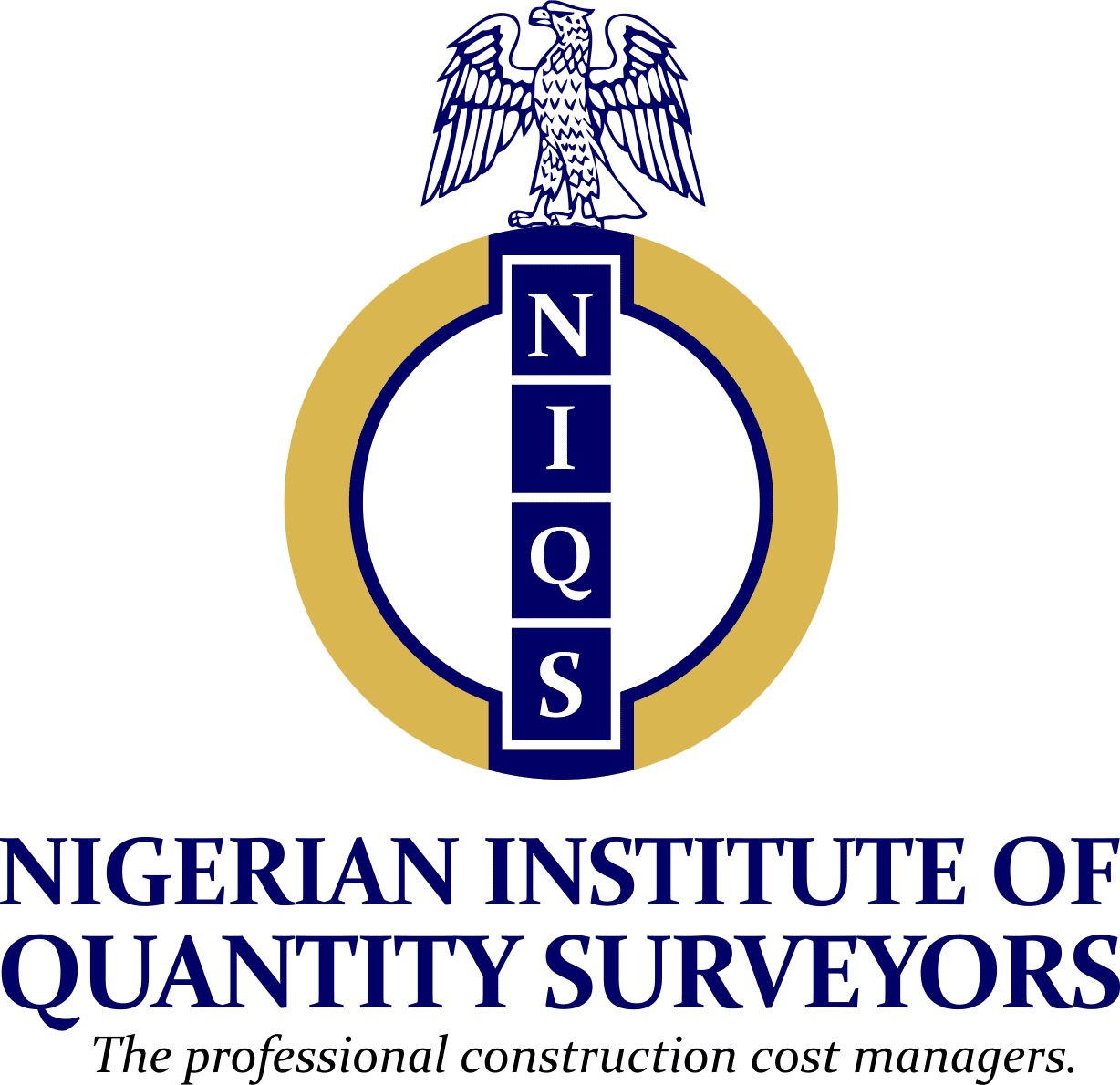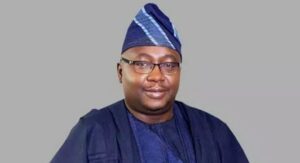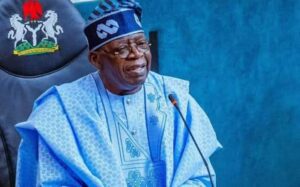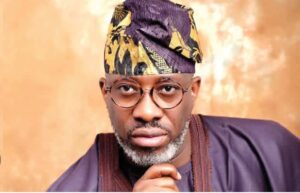

NIQS urges government to reduce cost of governance
By Esther Agbo
The Lagos chapter of the Nigerian Institute of Quantity Surveyors (NIQS) has called on the government to reduce the cost of governance.
This appeal was made during the 16th annual lecture series, titled “Nigeria’s Economic Policies: Effects, Challenges, and Strategies for Sustainable Economic Stability,” held recently in Lagos.
The former chairman of the Lagos chapter of NIQS, Olujide Oke emphasized the necessity of reviewing governance costs.
He stated, He said, “Reducing unnecessary spending is crucial to allocating resources effectively. We need to cut down on ostentatious living and excessive spending by our officials.
This will enable us to redirect funds towards creating value and investing in infrastructure and capital projects.
“I urge the young generation to take advantage of opportunities despite the economic challenges. Don’t let the economic situation hold you back. Please take advantage, and do not say that because the economy is bad, there are ways to make a positive impact and create value.”
Chairman of the Presidential Committee on Fiscal Policy and Tax Reforms,Taiwo Oyedele, in his keynote address echoed these sentiments, emphasizing the need for minimal governance costs.
He remarked, “The cost of governance needs to be as minimal as possible, especially because the government needs to set examples. If people are being asked to make sacrifices, the government also needs to make sacrifices.
“However, if everyone in the government today decides not to collect one naira, Nigeria will still be a poor country.”
Oyedele highlighted the unintended consequences of fiscal policies, including the rising cost of living and associated social risks. He advocated for a new national fiscal policy focused on private sector collaboration and improved policy coordination.
“On the way forward, I advocate for a new national fiscal policy that emphasises private sector collaboration and improved policy coordination. We must harness the innovative potential and efficiency of the private sector to enhance public projects and economic growth. Implementing evidence-based policies is crucial for maximising their effectiveness, as they are grounded in reliable data and research.
“Continuous outcomes, impact assessment, and monitoring are necessary to track the progress and success of these policies. Creating an enabling environment where businesses can thrive and economic activities are stimulated is fundamental to achieving sustainable growth.
“Furthermore, it is essential to ensure an equitable distribution of the tax burden through fair taxation to prevent any single group from being overburdened.
Responsible borrowing practices are crucial for maintaining manageable debt levels and ensuring efficient utilisation of borrowed funds. Sustainable spending practices are vital for maintaining fiscal health and avoiding deficits that could hinder long-term economic stability.”
The Chief Economist at SPM Professionals, Paul Alaje, stressed the importance of collaborative efforts for national growth and development. He noted, “As a nation, Nigeria has numerous opportunities and talents, but we struggle to leverage them globally.
Our challenge lies in changing our narrative. We know the employment figures, but the parameters for measuring employment have changed, making it seem like the numbers have improved when they have not.
“The methodology for measuring unemployment has shifted from those who work less than four hours a week to those who work less than one hour a week. This change has led to a misleading decrease in unemployment rates.
“We need to address our economic policies, focusing on indicators like growth, inflation, unemployment, and others. Our policies should speak to these indicators, and we need to work together to drive growth and development in Nigeria.”




